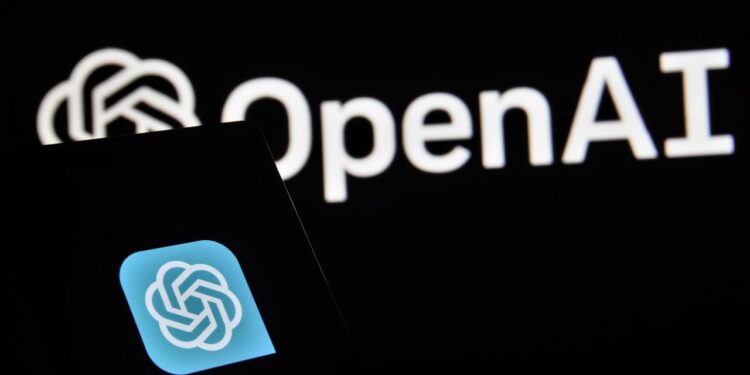Following a dramatic series of events, Open AI’s CEO Sam Altman has been reinstated at the tech company he was ousted from only five days before. His reinstatement turns the page on a brief, yet pivotal moment in the competitive field of artificial intelligence — particularly as it relates to the future of work and AI governance.
The call to bring back Altman also demonstrates the growing influence that employee advocacy has in corporate decision-making. Prior to the reinstatement, over 730 employees had threatened to leave OpenAI and join Microsoft’s recently announced AI research team if the board did not reinstate Altman and the company’s ousted President and co-founder Greg Brockman.
Brockman is also returning to OpenAI, recently stating in an X post published Nov.22, “Returning to OpenAI & getting back to coding tonight.”
The return of Altman and Brockman is not the only outcome from all the drama at OpenAI. The tech company is also moving to restructure its board, with the majority of the previous members resigning from their posts. Board members leaving include Llya Sutskever, Helen Toner, and Tasha McCauley. All three had voted last week to dismiss Altman.
The company’s new interim board members include former Salesforce co-chair Bret Taylor and Former Treasury Department Secretary Larry Summers. The only previous OpenAI board member who still holds a seat at the company is Adam D’Angelo, CEO of Quora.
According to a report published by The New York Times, the resigning board members were concerned about the rapid pace of AI’s development leading up to Altman’s ousting.
The recent events at OpenAI highlight the divergent opinions on the ethical implications of AI technology, especially as generative AI tools are rapidly adopted in the global workforce. The new board’s responsibility will not only play a major role in steering the company’s future, but also in influencing ethical guidelines to avoid severe consequences for the workforce.
Altman’s leadership style favors rapid innovation, which contributes to worries within the tech industry that the rate of development severely outpaces regulatory and ethical considerations. It’s important that the new board considers these consequences as the outgoing members did. Advanced consumer technology like the company’s popular generative AI app ChatGPT, which garners millions of users daily, has the potential to completely alter job structures, skill requirements, and the overall nature of how people work.
These rising concerns and demands for ethical/policy guardrails have led the Biden Administration to issue a first-of-its-kind executive order on AI.



 Dr. Gleb Tsipursky – The Office Whisperer
Dr. Gleb Tsipursky – The Office Whisperer Nirit Cohen – WorkFutures
Nirit Cohen – WorkFutures Angela Howard – Culture Expert
Angela Howard – Culture Expert Drew Jones – Design & Innovation
Drew Jones – Design & Innovation Jonathan Price – CRE & Flex Expert
Jonathan Price – CRE & Flex Expert











